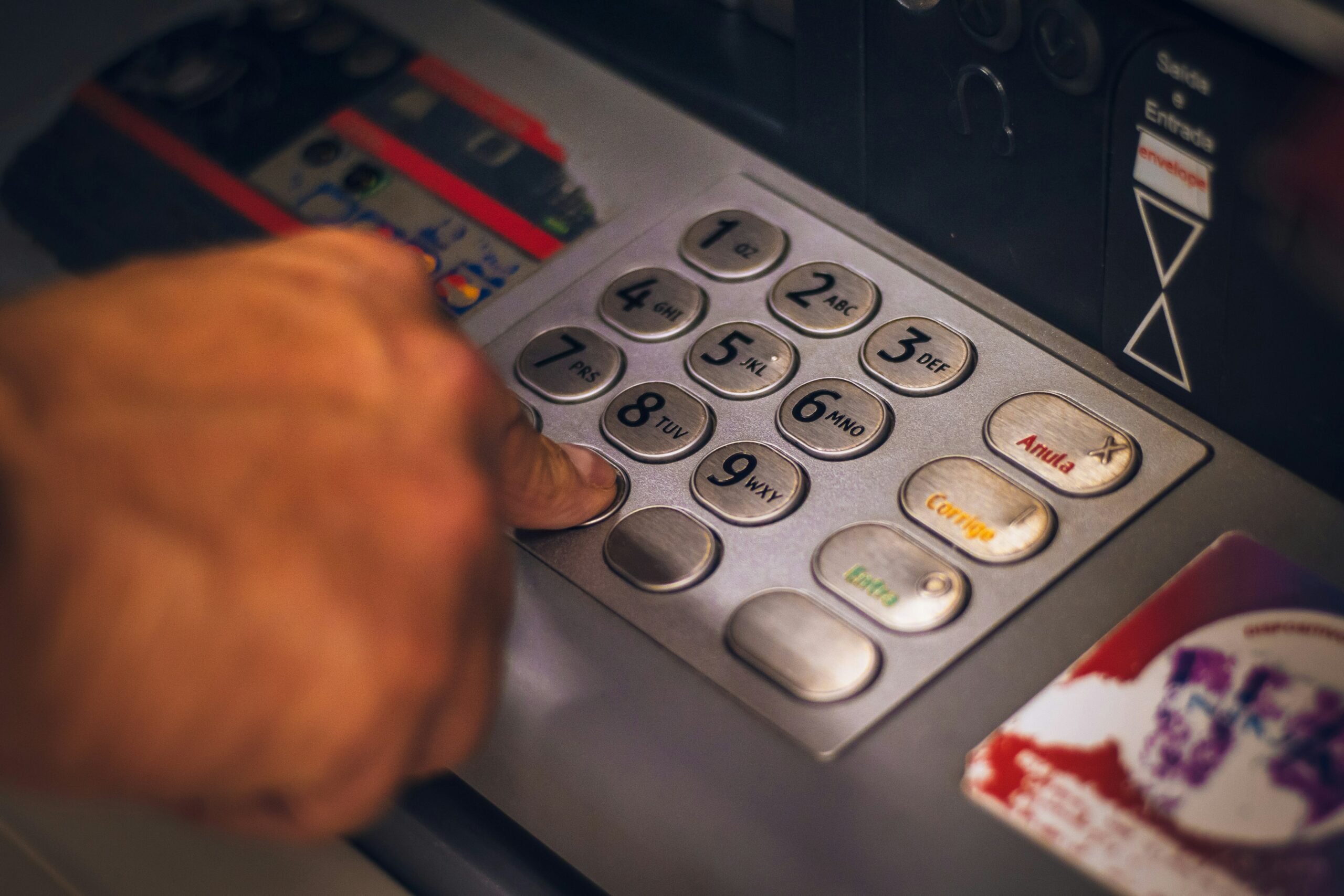In the age of digital payments and contactless transactions, it’s easy to assume that cash is on its way out. After all, with the convenience of credit cards, mobile wallets, and online banking, why bother with physical cash? However, despite the rise of digital alternatives, cash remains a crucial aspect of our economy, and the humble Automated Teller Machine (ATM) plays a vital role in ensuring its accessibility and usability.
The Resilience of Cash
Cash has been a trusted form of currency for centuries, offering tangible value and immediate transactional capabilities. Unlike digital transactions, cash doesn’t rely on a network connection or electricity, making it incredibly resilient, especially in times of crisis or emergencies. Whether it’s a power outage, a cybersecurity threat, or a natural disaster, cash ensures that transactions can still occur when other systems fail.
Financial Inclusion
While digital payment methods have undoubtedly improved access to financial services for many, there are still millions of people globally who remain unbanked or underbanked. These individuals rely heavily on cash for their day-to-day transactions. ATMs play a crucial role in providing access to cash, particularly in areas where traditional banking infrastructure is limited or nonexistent. For many, ATMs are the primary means of accessing cash, allowing them to participate in economic activities that would otherwise be inaccessible.
Privacy and Security
In an increasingly digital world, concerns about privacy and security are at the forefront of many people’s minds. Cash transactions offer a level of anonymity that digital transactions simply cannot match. With cash, there’s no digital trail linking purchases to individuals, offering a layer of privacy that is highly valued by many. Additionally, cash transactions are immune to hacking and identity theft, providing a level of security that digital transactions sometimes struggle to achieve.
Budgeting and Financial Management
For some, using cash is a deliberate choice aimed at better budgeting and financial management. With cash, it’s easier to track spending and stick to a budget since you can physically see how much money you have left. This tangible aspect of cash can help curb impulse spending and promote better financial habits. ATMs play a crucial role in facilitating this behavior by providing easy access to cash when needed.
Supporting Small Businesses
Cash transactions remain a lifeline for many small businesses, particularly those operating in sectors where digital payments are less common or cost-prohibitive. By utilizing cash and ATMs, consumers can directly support these businesses by providing them with the liquidity they need to operate. Additionally, cash transactions often incur lower fees for merchants compared to credit card transactions, making them an attractive option for small businesses looking to maximize their profits.
Conclusion
While digital payment methods continue to grow in popularity, it’s clear that cash still holds a special place in our economy. From its resilience in times of crisis to its role in promoting financial inclusion and privacy, cash offers unique benefits that cannot be replicated by digital alternatives alone. And at the heart of the cash ecosystem are ATMs, providing convenient access to cash when and where it’s needed most. So the next time you pass by an ATM, remember the important role it plays in keeping cash alive and accessible for all.


